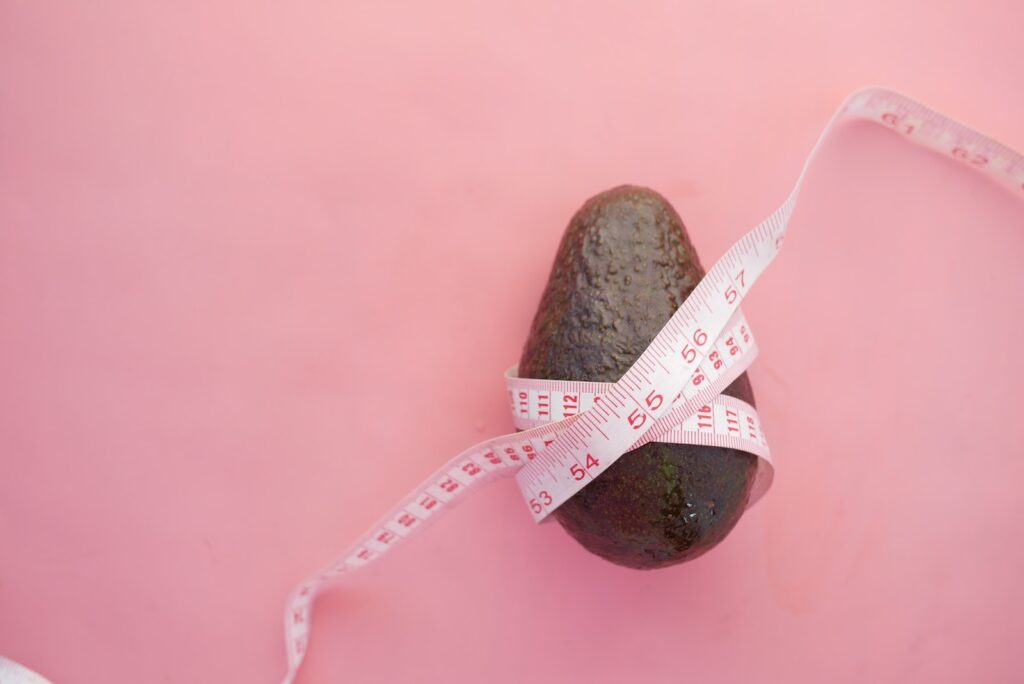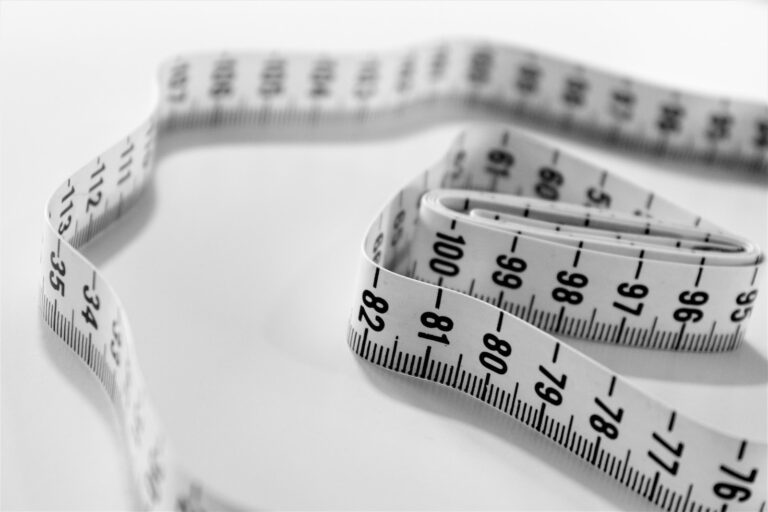How to Overcome Weight Loss Plateaus with Diet and Exercise Adjustments
Are you looking to lose weight but find yourself stuck at the same number on the scale week after week? You’re not alone. Many people experience weight loss plateaus, where their progress comes to a halt despite consistent efforts. However, with some adjustments to your diet and exercise routine, you can push past this plateau and finally achieve your weight loss goals!
In this blog post, we’ll share tips and tricks for overcoming weight loss plateaus through simple diet and exercise adjustments that will help amplify your results. So let’s get started!
What Causes Weight Loss Plateaus?

If you have lost a significant amount of weight but have not seen any further weight loss after making adjustments to your diet and exercise, there may be something blocking your progress. This could be from physical, emotional or environmental factors. Here are some causes of weight loss plateaus:
- Insufficient calorie intake: If you are not getting the appropriate number of calories needed to maintain your current weight, you will eventually lose weight at a slower rate. Make sure to track your caloric intake and consult with a registered dietitian if you are having trouble hitting your target numbers.
- Poor eating habits: Changing your diet and adopting new healthier eating habits can help break through weight loss plateaus. If you aren’t seeing results in the short term, it may be because you are still feeding your body the same bad habits that led to obesity in the first place. Try meal planning, tracking calories and making small changes such as substituting whole grains for processed foods when possible.
- Lack of activity: Even if you have successfully changed your dietary habits and hit your calorie target, if you are inactive or not burning enough calories through regular exercise, you will likely continue losing weight at a slow pace. Add more activity into your daily routine by switching to a more active job or taking up a hobby that gets you moving every day. Getting regular exercise is one of the most important ways to keep off pounds even if you’re following a healthy diet plan.
- Genetics : No one is immune to weight gain or weight loss, and genetics may play a role in who gets stuck at a weight loss plateau. If you are struggling to lose weight for whatever reason, it may be worth considering whether there may be a genetic component to your condition. A doctor can perform genetic tests to identify any underlying conditions that could be causing your weight loss struggles.
- Medication: Many prescription and over-the-counter medications can interfere with normal appetite and weight regulation. If you are on any type of medication, it is important to talk to your doctor about whether the medication could be causing your weight loss issue. In some cases, the medication may need to be discontinued before you can start seeing results from diet and exercise changes.
How to Overcome Weight Loss Plateaus with Diet and Exercise Adjustments
There may be times when you reach a weight loss plateau. This can happen when you’ve been following the same diet and exercise plan for a while, and your body is no longer responding as it did before. What you need to do to overcome this is make some adjustments. Here are three tips to help you get started:
- Change One Thing at a Time: When you’re trying to lose weight, it’s easy to become overwhelmed by all the changes that need to be made. Try making one change at a time, and see how that goes. If that change doesn’t work, go back to step one and try something different.
- Make Sure You’re Eating Enough: If you’re not losing weight, it’s likely because you’re not eating enough food. Make sure you’re eating enough protein and carbohydrates every day, and make sure the calories from those foods are coming from healthy sources such as fruits and vegetables.
- Try Some New Exercises: Even if your current exercise routine is working for you, try adding in some new exercises every month or so. This will help keep your body guessing and prevent stagnation from setting in.
There may be times when you reach a weight loss plateau. This can happen when you’ve been following the same diet and exercise plan for a while, and your body is no longer responding as it did before. What you need to do to overcome this is make some adjustments. Here are three tips to help you get started:
- Change One Thing at a Time: When you’re trying to lose weight, it’s easy to become overwhelmed by all the changes that need to be made. Try making one change at a time, and see how that goes. If that change doesn’t work, go back to step one and try something different.
- Make Sure You’re Eating Enough: If you’re not losing weight, it’s likely because you’re not eating enough food. Make sure you’re eating enough protein and carbohydrates every day, and make sure the calories from those foods are coming from healthy sources such as fruits and vegetables.
- Try Some New Exercises: Even if your current exercise routine is working for you, try adding in some new exercises every month or so. This will help keep your body guessing and prevent stagnation from setting in.
Tips for Eating Well on a Low Carbohydrate Diet
If you’re finding it hard to lose weight on your low carbohydrate diet, there are a few things you can do. First, make sure that you’re getting the right amount of protein. You need around 0.36 – 0.54 grams per pound, which is about 20-35 grams of protein per day. Secondly, try adding some healthy fat to your meals. Healthy fats like Omega-3s and monounsaturated fats can help increase satiety and reduce cravings. Make sure to drink plenty of fluids and avoid overdoing it with sugary drinks or supplements.
Tips for Exercising on a Low Carbohydrate Diet
There are many people who assume that following a low carbohydrate diet is the only way to successfully lose weight. This couldn’t be further from the truth. In fact, if you are not exercising on a regular basis and making adjustments to your diet accordingly, you will likely experience weight gain as your body adjusts to the new eating routine.
A low carbohydrate diet can help you lose weight, but it is important to remember that this type of eating plan is not the only factor that determines your success. Exercise is also essential for maintaining healthy weight and preventing obesity-related health problems. However, because exercise depletes glycogen stores in the muscles, it can be challenging to maintain an intensity level while following a low carbohydrate diet.
To make matters even more complicated, many people find that they cannot maintain their current weight when following a low carbohydrate lifestyle indefinitely due to metabolic adaptation which occurs when you abruptly changing your dietary habits. Metabolic adaptation refers to a physiological process by which your body becomes better at burning stored energy (in the form of fat) and less efficient at burning carbs. This can lead to weight regain if you continue eating fewer carbs after your body has adjusted.
While carb cycling may not be for everyone, it’s an excellent way for those who want to lose weight gradually while allowing their bodies time to adjust by alternating between lower and higher carb intakes over time [1]. A good starting point would be aiming for 45-60% of total daily calories from carbs, with the remainder coming from proteins and fats. If you are able to maintain your current weight while following a low carbohydrate diet, it’s likely that you don’t need to cycle anymore. However, if you find that you’re consistently losing weight or feeling better after eating more carbs, it may be time to try carb cycling in order to get the best results.
There is no one right way to follow a low carbohydrate diet, but by following these tips, you can make sure that you are maximizing your chances of success.
Conclusion
After trying a variety of different diets and exercise regimes, many people reach a point where they plateau in their weight loss progress. This can be frustrating, but it is not impossible to overcome. In this article, we will outline three common causes for weight loss plateaus and provide tips on how to address them. By following these tips, you should be able to continue progressing in your weight loss journey even if you have reached a plateau.







4 Comments